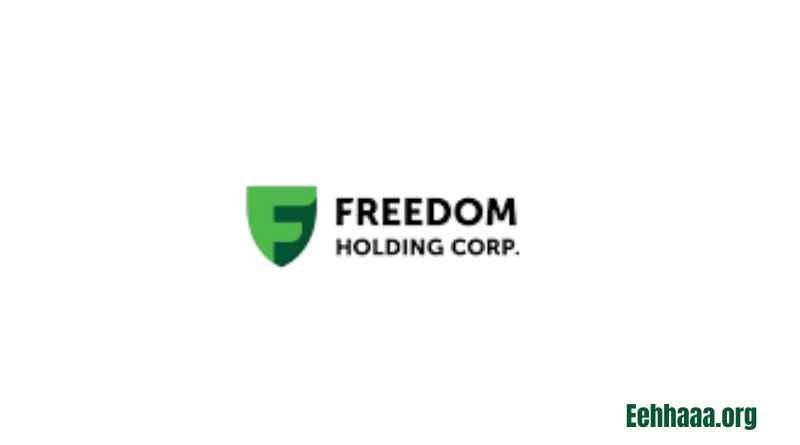In the intricate landscape of lawmaking, a fundamental question persists: what truly governs the formulation of laws? Is it the profound wisdom inherent in the fabric of societal values or the authoritative power vested in legislative bodies? This article delves into the nuanced interplay between wisdom and authority, shedding light on their respective roles in shaping the legal framework of societies.
Wisdom: The Bedrock of Law
Wisdom, often revered as the cornerstone of societal progress, encompasses a profound understanding of ethical principles, human nature, and the collective aspirations of a community. In the realm of lawmaking, wisdom manifests as a guiding force that seeks to uphold justice, equity, and the greater good. It emanates from the wisdom of ages, distilled through the annals of history and enshrined in the principles of jurisprudence.
The wisdom embodied in legal traditions serves as a compass, steering lawmakers toward decisions that resonate with the essence of fairness and morality. Drawing from philosophical insights, cultural heritage, and empirical knowledge, legal systems imbibe the wisdom of past civilizations, enriching contemporary discourse with timeless truths.
Authority: The Catalyst of Legal Order
Contrastingly, authority wields a palpable influence in the realm of lawmaking, serving as the fulcrum upon which legislative processes pivot. Rooted in the mandate conferred by governance structures, authority empowers institutions to promulgate laws and enforce compliance. It epitomizes the institutionalized power vested in elected representatives, judiciaries, and regulatory bodies, wielding the prerogative to codify societal norms into enforceable statutes.
The authority vested in legislative bodies imbues laws with a binding force, compelling adherence through mechanisms of enforcement and sanction. It epitomizes the manifestation of collective will, channeling the aspirations of a society into actionable mandates that govern conduct and resolve disputes. However, the legitimacy of authority hinges upon its alignment with principles of justice and democratic accountability, lest it devolve into arbitrary coercion.
Striking the Balance: Harmony Amidst Divergence
The synergy between wisdom and authority in lawmaking underscores the delicate equilibrium required to navigate the complexities of governance effectively. While wisdom furnishes the moral compass that steers legislative deliberations, authority provides the institutional framework necessary for translating ideals into actionable policies. However, the harmonization of these forces necessitates a nuanced understanding of their interdependence and potential for divergence.
In practice, the balance between wisdom and authority is often subject to scrutiny and contention, reflecting divergent perspectives on the nature of justice and the distribution of power. Striking a balance entails reconciling competing interests, mitigating the risk of tyranny or inequity, and fostering an inclusive dialogue that solicits diverse viewpoints.
Navigating Ethical Dilemmas: Challenges and Imperatives
The intersection of wisdom and authority in lawmaking invariably engenders ethical dilemmas that test the moral compass of governance. Challenges abound in reconciling the imperatives of expediency with the principles of justice, negotiating the tension between individual liberties and collective welfare, and addressing systemic inequities entrenched in legal frameworks.
Moreover, the exercise of authority must be tempered by ethical considerations to safeguard against abuses of power and ensure the equitable distribution of justice. Transparency, accountability, and procedural fairness serve as bulwarks against the erosion of public trust, fostering a culture of legitimacy that underpins the efficacy of legal systems.
Conclusion: Toward a Synthesis of Wisdom and Authority
In conclusion, deciphering the balance between wisdom and authority in lawmaking necessitates a holistic appreciation of their complementary roles and ethical imperatives. While wisdom furnishes the moral compass that guides legislative decisions, authority provides the institutional framework necessary for their implementation. The synthesis of these forces embodies the essence of effective governance, fostering a legal landscape imbued with justice, equity, and the collective wisdom of humanity. As societies grapple with the complexities of contemporary challenges, the quest for balance remains an enduring imperative, guiding the evolution of legal systems in pursuit of a more just and equitable world.
Check Also: eehhaaa.org




